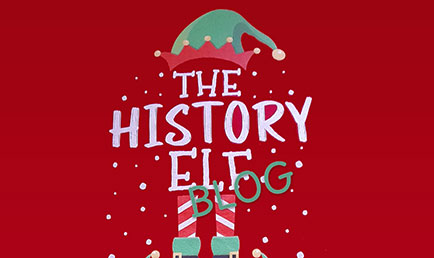This was a title set for a writers’ group exercise. It may inspire many stories or aspects of stories over time, but my immediate response to it was quite literal – what is the cost of writing?
:
The Cost
Maybe it’s the business academic in me. I can’t see this title without seeing numbers dancing around in costing sheets and value maps. Even in business-to-business sales and marketing, which is my specialty, if you can’t talk about costs competently, don’t even bother to open your mouth. The sales professional has to understand the customer’s cost base in some detail in order to craft a proposal to them. And the best costing language for explaining the value of a new product or service, which will inevitably cause some change in the customer’s operations, is activity-based costing.
What is it? Well, it does what it says it does. It tracks activity generated or saved when something happens. I’m tempted to say so much about why activity-based costing is cool, but I suspect that you wouldn’t thank me for it. So, let’s just apply this title “the cost” in an ABC way to this activity “creative writing”. In fact, I have decided to apply it to my novel, just to depress myself.
There are a lot of direct costs associated with publishing a book which are easy to track. I have paid for courses, developmental editing, other forms of editing and production. The marketing costs are yet to come. But by far the biggest activity associated with the production of a book is the author’s time. Even if I just paid myself the minimum wage, the cost of my thinking, taking notes, writing, re-writing, editing again and again, would dwarf the visible cost of creating the book. And the minimum wage is not commensurate with the emotional effort, which reminded me of doing my PhD. The saying “1% inspiration, 99% perspiration” seems appropriate.
Of course, some things in life defy costing. Cost does not equate to value. I can’t quantify the value for me that I’m sharing ideas with the world, to provoke and entertain. Well, I think that I am. The audience for my novel may be less that the audience for my textbooks, where I was one of a few people in the country who had the relevant knowledge to share. With my novel, I am one of many thousands of people with the capability to write a long work of fiction. We all have the right to tell our story, and the reading public have a right to choose what they buy. Very few novelists see any return on the costs of creating their work. Like cosmetic manufacturers, the creative writing industry only sells hope of self-esteem. So why do we all do it?
It is a very human thing to tell stories. The urge to create them and listen to them has been with us from the very beginning of our species. If a story forms in us, from an embellished anecdote about a bad online shopping experience to a saga of swords and magic, we are driven to share it. The cost exists, but it means nothing compared to the joy of creating, expressing and sharing. Should we do it? Bill Bryson says there are too many nobodies like me using the facilities created by modern technology to put my scribblings in the public domain. But then, he is part of the literary establishment. I have learnt, over the past few years, that the publishing industry has its own sub-culture. It is a bubble that does not necessarily know, or want to serve, every audience. Would a future historian recognise every aspect of our culture from the bestsellers? They won’t want ghost-written celebrity memoirs, they will want the authentic memoirs written for grandchildren. They won’t want predictable genre novels, they will want the quirky one-offs. So, I encourage everyone to get their stuff out there. Get help, by all means, but get it out there. Yes, the time-commitment is daunting. Yes, there are direct costs. But what cost to our freedom of expression and readers’ freedom of choice if we do not?







